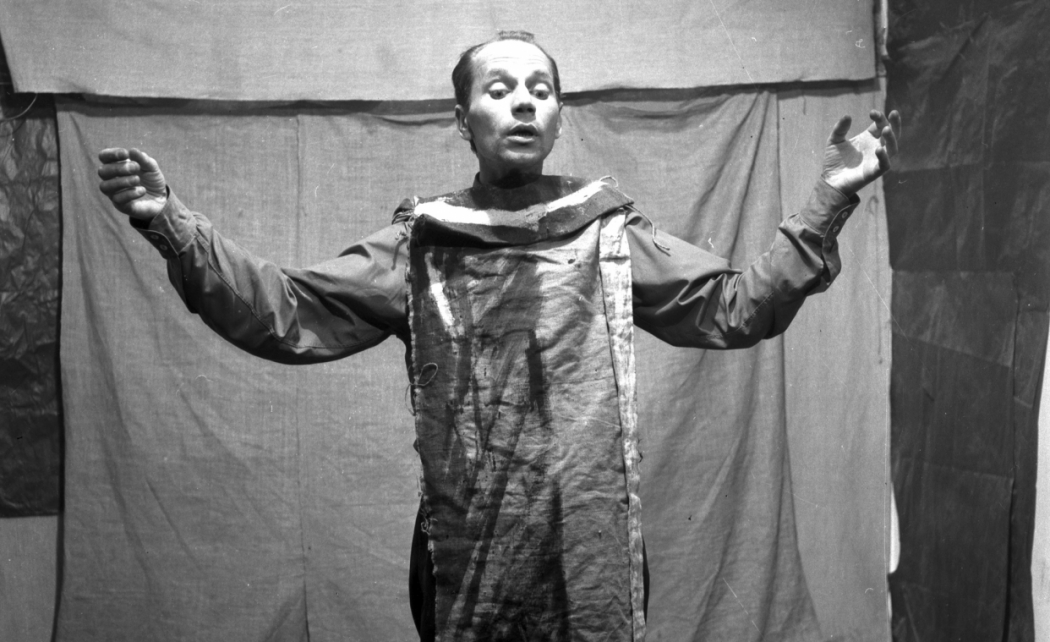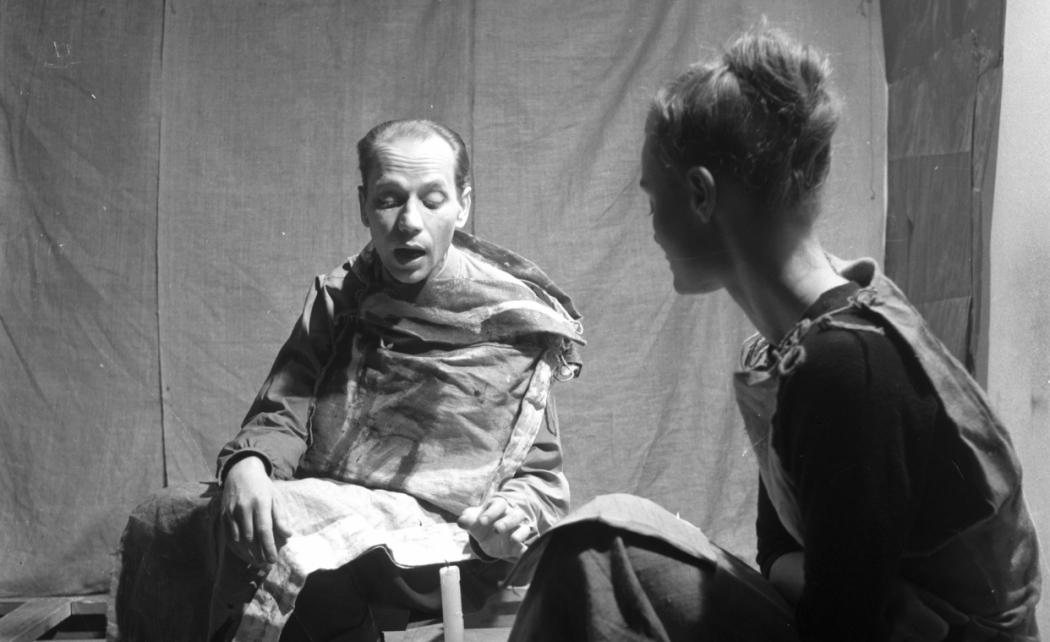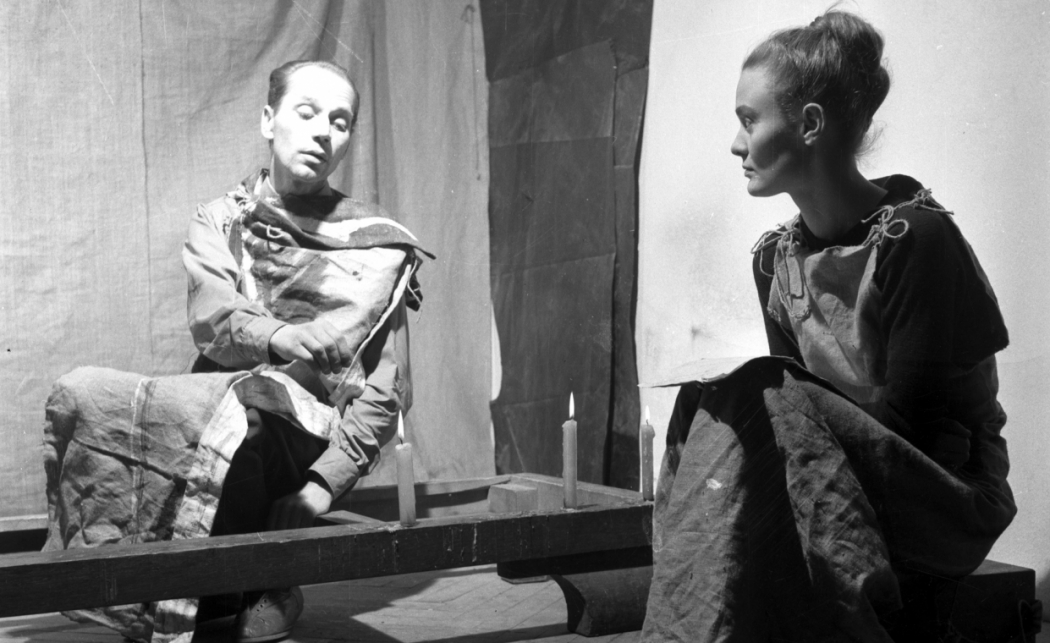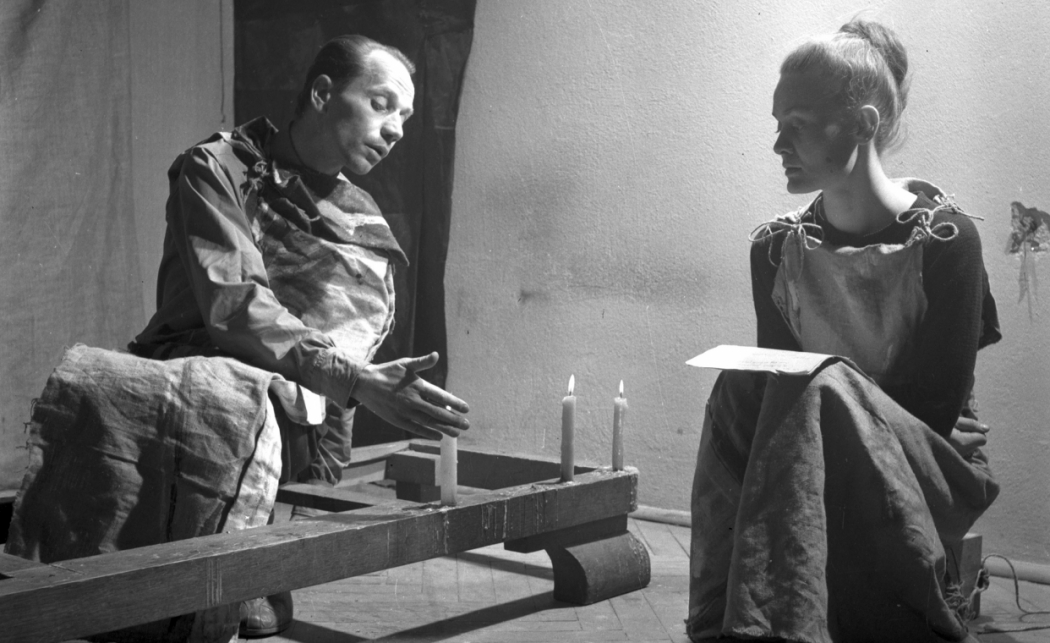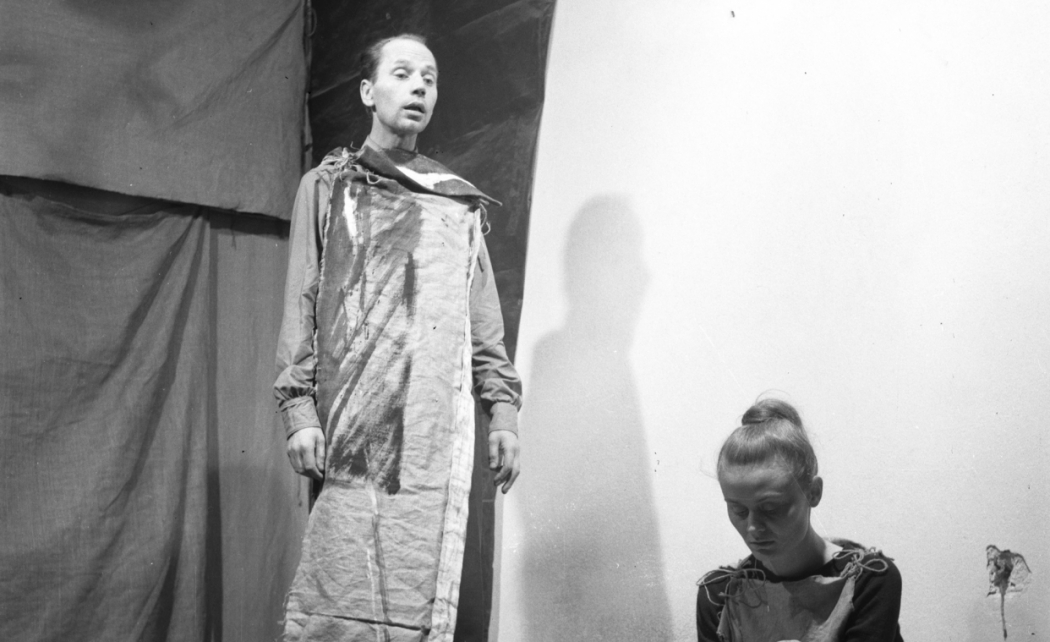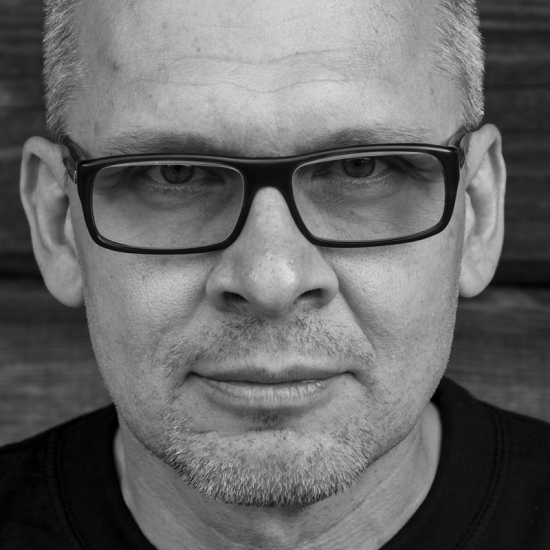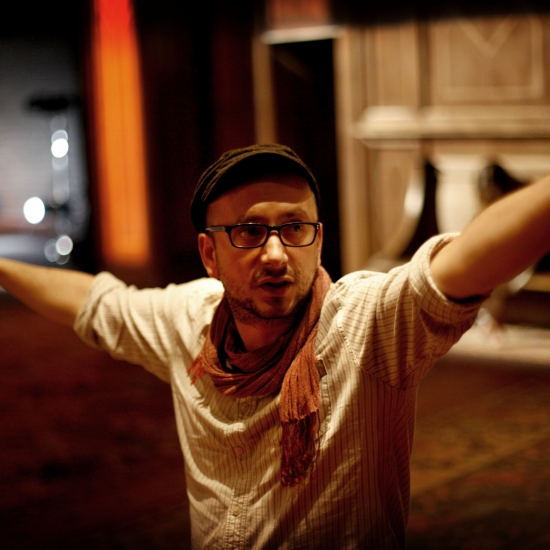THE BOX: On This Białoszewski the Way We Listen to His Lines
A remix of Miron Białoszewski’s Forefathers’ Eve (first performed 1961)
This theatrical happening with audience participation includes:
Forefathers’ Eve as written by Adam Mickiewicz,
enacted by Miron Białoszewski,
recorded for Jadwiga Stańczakowa,
handed over in a box together with other recordings to Jacek Kopciński,
taken by Paweł Passini to Haiti,
and thus circulating…
…to finally end up in our hands, and in a while in yours.
When he was a child, he used to make record players with his building blocks and sing invented arias to his mother and aunts. When he became a poet, he established a theatre and recited Gustaw’s monologue from the fourth part of Forefathers’ Eve there in such a way as if he were playing it from several records at the same time. He treated Forefathers’ Eve very personally, nearly saying ‘Gustaw is me’ in the commentary on the performance, but the ‘self’ he was referring to was internal, depicted in a shy manner, most fragile and most precious, because it was capable of transporting one into the totally unique regions the Romantics simply used to refer to as heaven. In order to reach his heaven, Białoszewski used to enter the cramped box his home-turned-theatre was, invite a bunch of people, and subsequently perform his poetic witchcraft. In Warsaw’s Leszno Street before the war, in Tarczyńska Street, in Dąbrowskiego Square, where Teatr Osobny (Separate Theatre) used to operate, but also in Hoża Street, where his blind friend Jadwiga Stańczakowa used to live, for whom he used to make his recordings. During those sessions, the speaker and the listener used to sit next to each other on a couch, and the microphone recorded not only the poet’s voice, but also the unique bond that formed between them. When I visited Ms Stańczakowa many years later, the black Grundig was still on her table, and tapes were stacked under the couch. In Mickiewicz’s ritual, it seems that the ‘darkness’ and ‘silence’ mentioned in the text are essential in order to be able to really see and hear. Today, we open the boxes with Miron Białoszewski’s cassette tapes and we fill the cramped, dark and silent space of the theatre with our own selves. What will we manage to feel and see, where will we be able to get when we travel together?
Jacek Kopciński
- Text — Jacek Kopciński
- Director, music designer — Paweł Passini
- Poet — Paweł Janyst
- Souls — Noemi Bernstein, Olga Bury, Wiktoria Czubaszek, Maja Furmaga, Aleksandra Karpiuk, Dominika Kimaty, Paulina Mikuśkiewicz, Anna Opolska, Paulina Połowniak, Anna Puzio, Paulina Wójtowicz
- Original title — PUDEŁKO, czyli o tym Białoszewskim, jak go słuchamy
